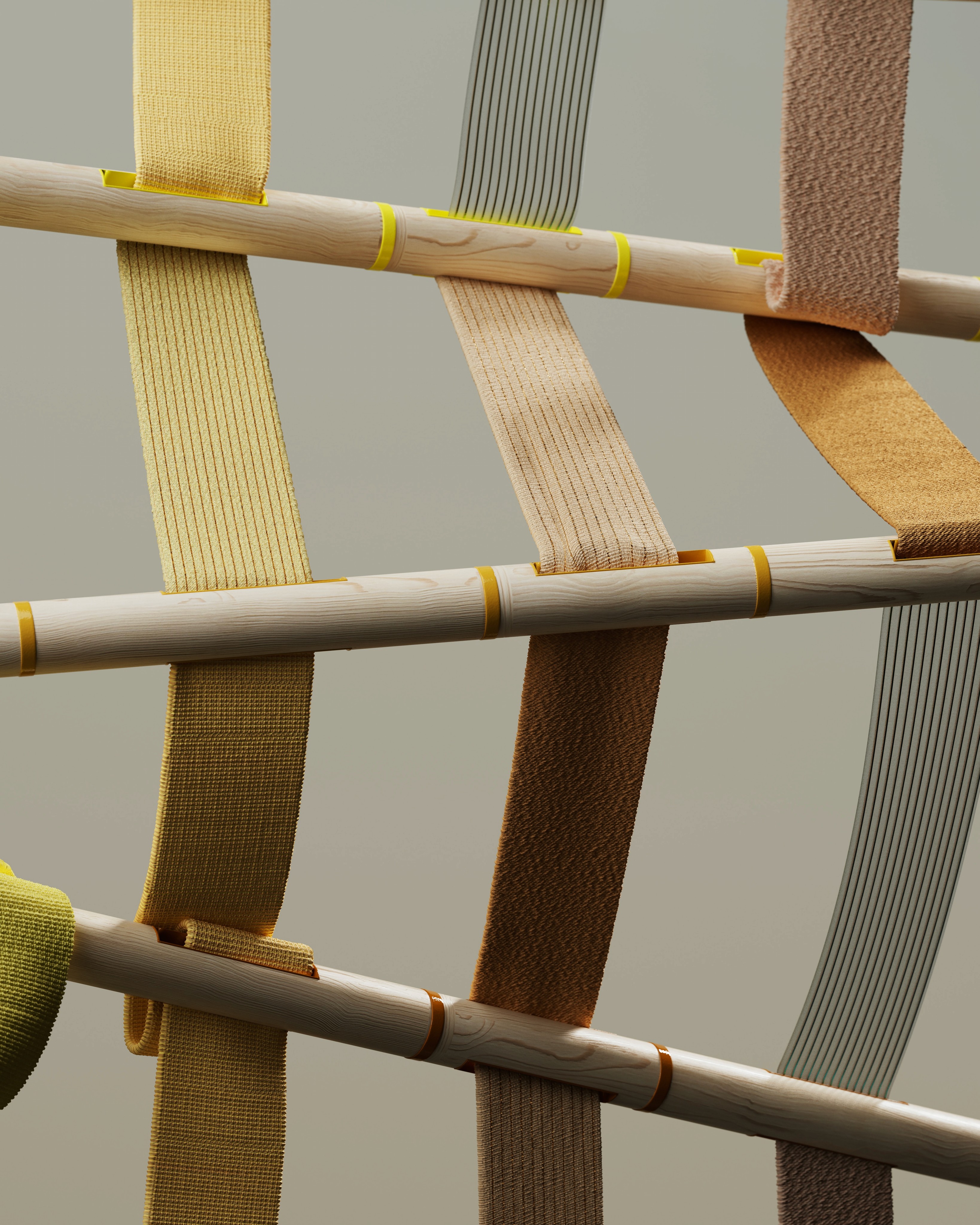Beyond the Human Imagination: Exploring the Impact of AI on Literature and Art
Nov 23, 2022

Introduction:
The advent of Artificial Intelligence (AI) has revolutionized various fields, including literature and art. AI, with its computational abilities and machine learning algorithms, has opened new avenues for creativity and expression. This essay aims to explore the profound effects of AI on literature and art, discussing both the opportunities and challenges it presents to human creativity, interpretation, and the very nature of artistic expression.
Enhancing Creativity:
AI has the capability to augment human creativity by generating new ideas, styles, and even entire works of art. In literature, AI algorithms can analyze vast amounts of text, generating narratives, poems, and even novels inspired by established literary traditions. Similarly, AI-powered tools can assist visual artists in creating original artworks, leveraging algorithms to generate compositions, color palettes, and even brush strokes. These collaborations between human creators and AI systems have the potential to push artistic boundaries and lead to innovative and unexpected artistic expressions.
Exploring New Horizons:
AI's ability to process and analyze vast amounts of data enables artists and writers to explore new frontiers. In literature, AI can analyze and generate narratives based on diverse cultural, historical, and linguistic sources, bringing together ideas that might not have been conceivable through traditional human means alone. In the visual arts, AI algorithms can analyze vast collections of artworks, identifying patterns, and enabling artists to experiment with new styles and techniques that push the boundaries of traditional artistic conventions.
Challenges of Interpretation:
While AI's creative capabilities offer exciting prospects, they also pose challenges to the interpretation of art and literature. AI-generated works often lack the lived experiences and contextual understanding that human creators possess. The interpretive process, which is inherently human and subjective, becomes complex when engaging with AI-generated pieces. Questions arise regarding the authenticity, intentionality, and emotional resonance of AI-generated art. This challenges us to redefine the role of the artist, as well as the ways in which audiences engage with and interpret creative works in the age of AI.
Ethical Considerations:
The rise of AI in literature and art raises ethical questions regarding authorship, ownership, and the preservation of human creativity. As AI systems become more sophisticated, the distinction between human and AI-generated works becomes blurred. Issues of attribution and intellectual property arise, calling for a reevaluation of legal and ethical frameworks surrounding creative output. Additionally, the potential loss of human creativity and the risk of AI-generated works overshadowing human expression highlights the importance of maintaining a balance between technological innovation and preserving the authenticity and uniqueness of human artistic endeavors.
Conclusion:
The impact of AI on literature and art is undeniable. It enhances creativity, opens new possibilities for artistic exploration, and challenges traditional notions of artistic expression and interpretation. As AI continues to advance, it is crucial for us to navigate the evolving relationship between human creators and AI systems, ensuring that the ethical and philosophical dimensions of creativity are carefully considered. Ultimately, the integration of AI and human creativity holds great potential, expanding the horizons of what we can imagine, create, and appreciate in the realms of literature and art.